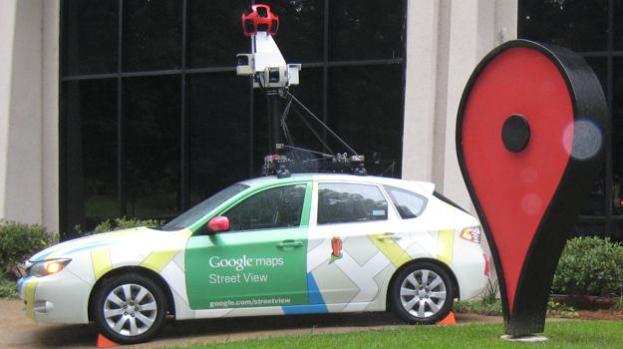 Google is reportedly close to reaching a financial settlement with over 30 states following the apparently inadvertent collection of personal data by its Street View cars, which took place over several years starting in 2007.
Google is reportedly close to reaching a financial settlement with over 30 states following the apparently inadvertent collection of personal data by its Street View cars, which took place over several years starting in 2007.
According to a Bloomberg report over the weekend, the payout is likely to amount to $7 million, small change for the web giant, though at around $230,000 per state it’s rather more than the $25,000 the Federal Communications Commission (FCC) fined it almost 12 months ago following a report into the matter.
Bloomberg’s source – an unnamed person familiar with the situation – said news of the agreement could be officially announced as early as this week.
Google’s Street View cars gathered personal data such as telephone numbers, passwords, emails, video and audio files, and even medical records as they drove around neighborhoods in the US and other countries collecting 360-degree imagery for its online map service.
The Mountain View company said that the moment it realized what was happening, it put a stop to the collection of all Wi-Fi data from its camera-laden cars and immediately informed the authorities. It said the collection of the information was the work of an engineer acting alone, adding that it had never used any of the personal data it had collected in any of its products or services.
However, the FCC fined Google $25,000 for obstructing its subsequent investigation when it was found that Google had deliberately withheld an email in which the engineer responsible for the data-collecting code referred to the collection of information with a senior manager. This went against earlier claims by Google that only the engineer knew what had been going on.
Google has claimed that at no point did it authorize the data collection, while the FCC has said that the web company did not break any laws.
According to Bloomberg, the estimated $7 million settlement with the 30+ states “could also involve changes to the Street View feature or how the data is collected, or some combination of these.”


